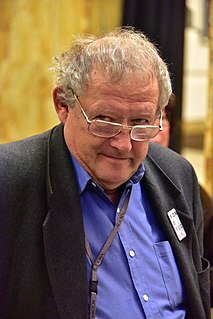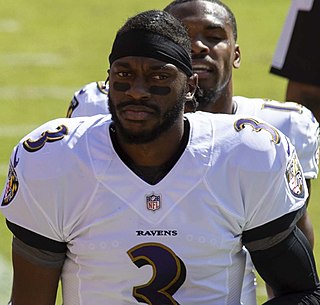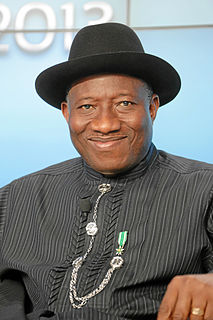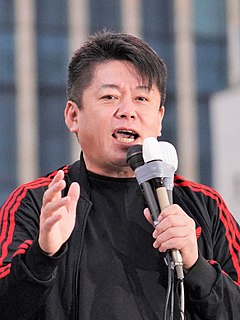A Quote by Yoweri Museveni
My critics always forget to mention that I was democratically elected, the others were not. Everyone in Uganda can challenge me, everyone can vote, the elections are free. Not many countries have achieved what we did.
Related Quotes
There were free elections in Bulgaria, where the opposition has just won. In a democracy, the government is a reflection of society because people are elected. Sometimes the type of person from the old machine, who is everything but an appealing figure, happens to win an election. But democracy applies to everyone, not just the noble and the clever.
But many, many stories were told; from what could be gathered, all fifty of the mine's inhabitants had reacted on each other, two by two, as in combinatorial analysis, that is to say, everyone with all the others, and especially every man with all the women, old maids or married, and every woman with all the men. All I had to do was to select two names at random, better if different sex, and ask a third person, "What happened with those two?" and lo and behold, a splendid story was unfolded for me, since everyone knew the story of everyone else.
Elections are a kind of business. I have to present myself: 'I can do this and that for this area so please give me your vote'. People vote for the politicians who can best understand and contribute to their region or country. In a business you can choose your clients, and the message is targeted to them only. But politics is universal; no matter what age the audience, you have to send the same message to everyone.
The Senate was the equivalent of an aristocracy at the beginning. Senators were not even elected; they were appointed in the early days. Then that changed, and senators did become elected. But the Senate is designed to slow down out-of-control, madcap activity elsewhere in the legislative branch (i.e., in the House), and the 60-vote rule was part of that.
Some countries have a parliamentary republic, some are presidential republics and some are still monarchies, but no one sees them as not being democratic. In some countries regional leaders are appointed from the centre and in others they are elected. In Russia, the president is elected through direct secret ballot, and in the United States, the president is elected through a system of electoral colleges.












































